Study of women at Ravensbrück wins Dora Love Prize
-
Date
Fri 7 Feb 20
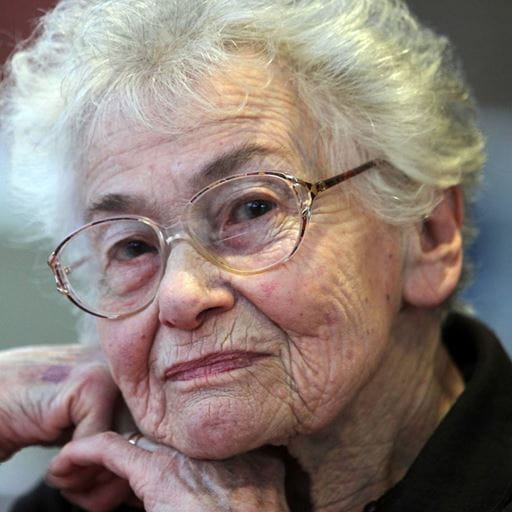
An inspiring presentation by pupils at Colchester County High School for Girls scooped the top award at this year’s Dora Love Prize.
The pupils’ case study of the experiences of those interned at the women’s-only concentration camp at Ravensbrück related their stories to the continuing discrimination against women which remains a global issue.
The Dora Love Prize, was set up in 2012 in the name of Holocaust survivor, Essex Honorary Graduate, and inspirational educator Dora Love. The Prize asks secondary schoolchildren to develop projects which make links between the Holocaust and the intolerance, discrimination and outright hatred of those regarded as ‘different’ which they observe in the world today. It is open to students in year 7 through to year 10 from schools in Essex and Suffolk.
This is the eighth time the Prize has been awarded and this is the biggest year ever, with 24 schools taking part in the induction day and 16 schools presenting projects at the Prize-giving evening on 29 January, during the University’s Holocaust Memorial Week. Nine out of those 16 schools took part for the first time.
Speaking after the event, Professor Rainer Schulze, who founded the Prize in memory of Dora Love, said: “The enthusiasm, the creativity and the commitment shown in all projects were truly amazing and inspiring. In truth, all the projects were winners because they showed that we all stand together with people who are discriminated against and marginalised.”
The Colchester County High School for Girls’ case study of Ravensbrück was described by the judges as “exemplary”. They explored the treatment of the women in the camp, what those experiences meant to them personally as young women today, and how they felt these stories related to contemporary women’s issues such as domestic violence.
Their submission included a mannequin dress in the style of those worn by the women of Ravensbrück but embroidered with headlines from current newspaper stories about female discrimination. They also created a website and hosted community events.
Runners-up prizes were also awarded to Northgate High School, Ipswich and SET Saxmundham School in Suffolk.
Central to the Northgate High School project was their Flame Silhouette. Using laser-cutting technology they imaginatively created a portrait of Holocaust survivor Frank Bright – who is the Patron of the Prize - with silhouettes of his classmates at his Jewish School in Prague, most of whom died in the Holocaust, set against a flame.
Frank Bright spoke about his experiences to students at the induction day and also took part in the award evening.
Pupils from SET Saxmundham School created three different games, a piece of art inspired by Shoes on the Danube Bank, a memorial in Budapest, and a song.
Most projects submitted to this year’s Prize aimed to leave a legacy, in the form of a sculpture or structure to be added to over time, or a school prize. “This clearly indicates that the students don’t regard the Dora Love Prize-giving evening as the end of the process but instead as the beginning of a journey,” said Professor Schulze.
Professor Schulze emphasized: “The attitudes that made the Holocaust possible are still very much alive today, all over the world. Holocaust denial, xenophobia and hate crimes against LGBTQ people are on the rise, and anti-Roma racism has never gone away. Even open and unashamed antisemitism is back.
“The projects presented at the Dora Love Prize show that young people are not willing to accept that. They will speak out and stand together against division and hatred. They give us hope in difficult times.”
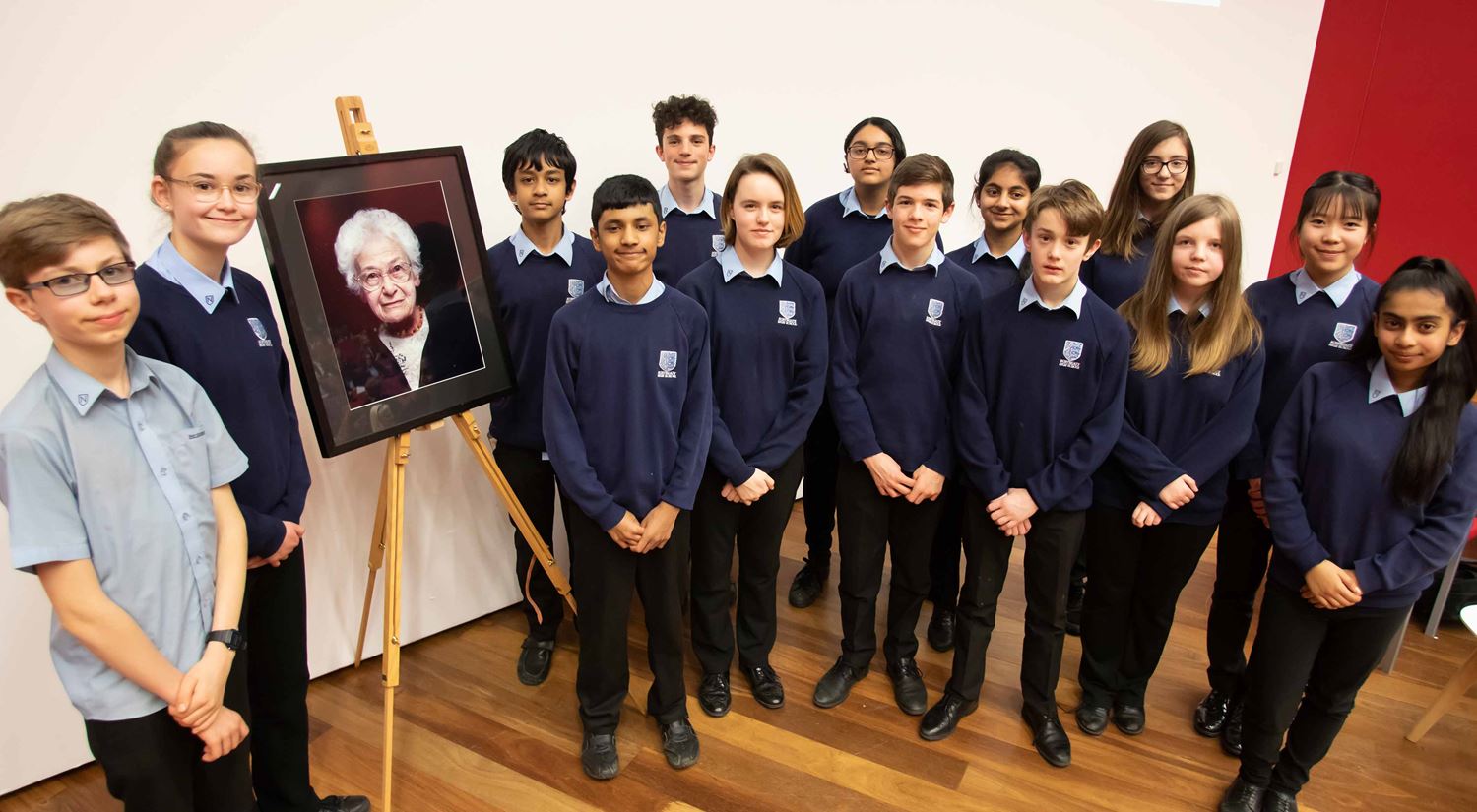
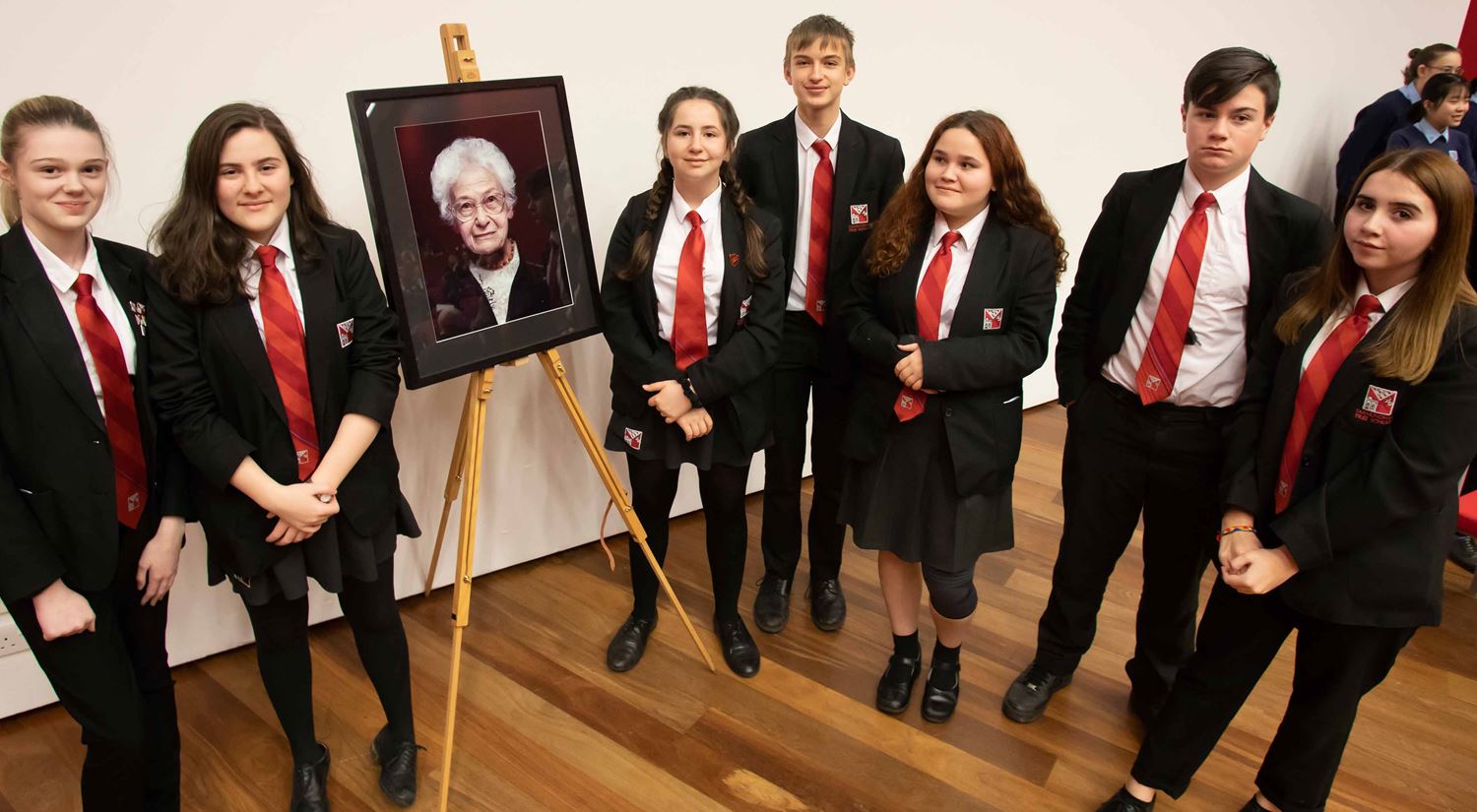
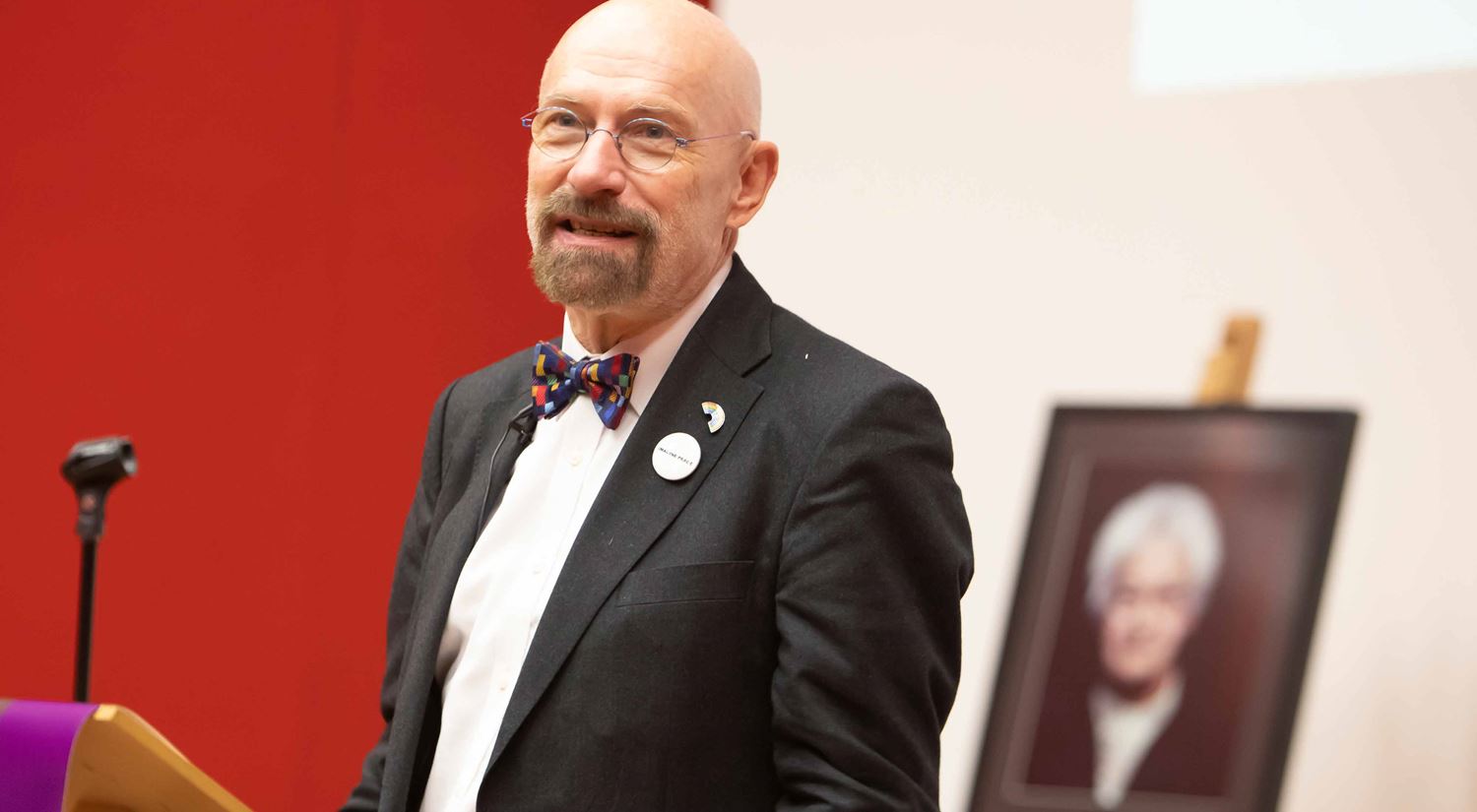
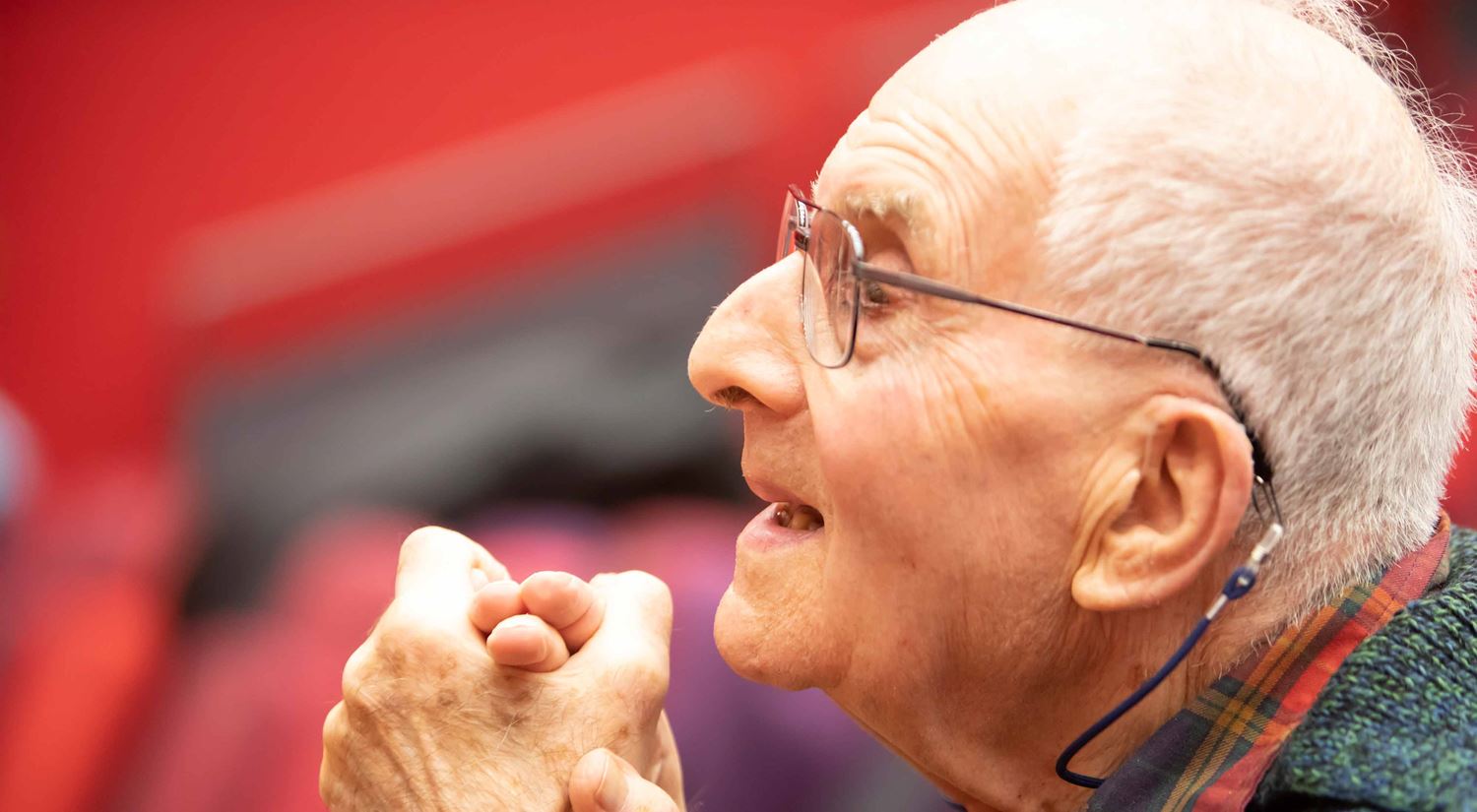
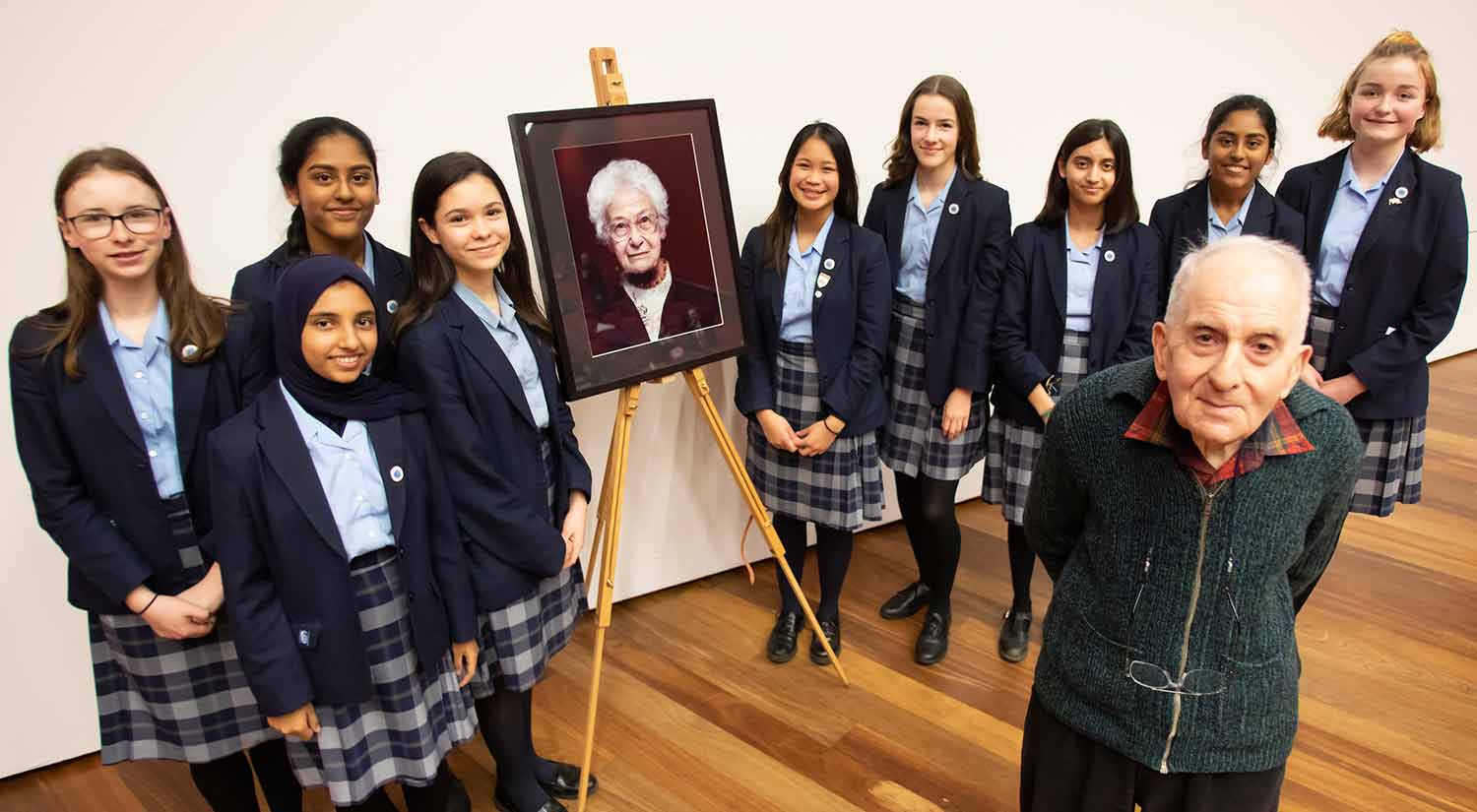
.jpg?mh=500&mw=500&hash=6568B6C9CCF5290A596BEF6678B6AD0E)



